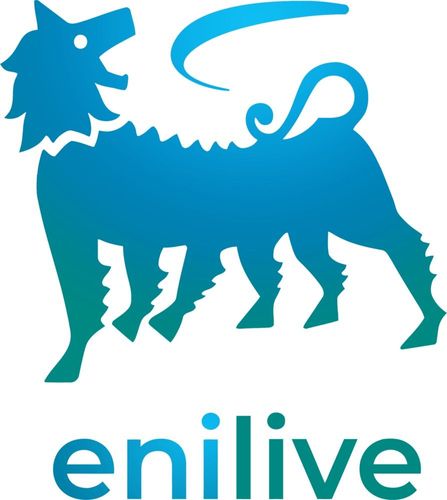Enilive and easyJet sign 2 agreements for supply of SAF in Italy

December 5, 2024
BY Eni S.p.A.
On Dec. 3, Enilive, a company dedicated to mobility services and products, announced a new agreement with easyJet, Europe's leading airline, to supply a number of flights from Milan Malpensa Airport with sustainable aviation fuel (SAF).
The SAF purchased by easyJet, which has a purity of 20% and is blended with conventional jet, enables the airline to meet its requirements for flights on its two new routes to Norway (Malpensa-Oslo and Malpensa-Tromsø) over the winter season. Furthermore, the airline will benefit from SEA's SAF Support Program 2024, which has provided a contribution of €800/ton to carriers that use this fuel at Milan's airports during the year, with a total value of €500,000.
Enilive and easyJet have also signed a Letter of Intent for a potential additional supply of about 30,000 metric tons of pure Enilive SAF at other Italian airports where the airline operates.
Advertisement
The agreement follows a series of recent commitments easyJet has made to help stimulate growth of the SAF market. Earlier this month the airline, alongside its partner Airbus, launched a new business travel solution that will explore corporate partnerships to finance the use of SAF with the goal of minimizing their economic impact and thus making this solution more affordable.
In addition, at the end of October easyJet formally joined Project SkyPower, CEO-led consortium aiming to accelerate the growth of the eSAF industry by helping unlock Final Investment Decisions for e-SAF projects in Europe.
Advertisement
SAF is a key tool, that is already available, to support the decarbonization path of aviation, and it will play an increasingly relevant role in the future. In its biorefineries in Italy, Enilive processes mainly waste feedstocks such as used cooking oil, animal fats, and agribusiness residues to produce SAF, which contains 100% biogenic component and is suitable to be blended with conventional jet up to 50%. From 2025, Enilive will reach a pure SAF production capacity of 400,000 tons/year, thanks to the imminent startup of the first plant in the Gela biorefinery, and thereafter the company will increase its SAF production to 1 million tons/year by 2026 with a further potential doubling by 2030.
Stefano Ballista, Enilive’s CEO, said, “Today, SAF is the available solution to help decarbonize air transport. In the future, following the implementation of the European Union's ReFuelEU regulation, which calls for a gradual increase of pure SAF input to 70% by 2050, there will be an increasingly more significant demand by operators such as easyJet, which is credited with being ahead of its time as it has already begun to use our SAF. To meet the market needs, we are developing new biorefining projects in Italy and abroad.”
Raminder Shergill, director of tax & fuel strategy at easyJet, said, “SAF is key to our decarbonization strategy and will play a vital role in helping the aviation sector achieve its net zero ambitions. We are therefore delighted to be working with Enilive and with our key partner Sea to sign this agreement and hope it provides another positive signal to stimulate further growth of the SAF industry.”
Related Stories
MOL Group has produced a diesel fuel containing hydrotreated vegetable oil (HVO), and sustainable aviation fuel (SAF) at the refinery of Slovnaft in Bratislava. The quality of the products has been verified by radioisotope analysis.
More than 1.76 billion renewable identification numbers (RINs) were generated under the Renewable Fuel Standard in January, down from 1.91 billion generated during the same period of 2024, according to data released by the U.S. EPA on Feb. 20.
The U.S. EPA on Feb. 20 released updated small refinery exemption (SRE) data showing that 13 previously denied SRE petitions for Renewable Fuel Standard compliance years 2021 and 2022 are being reconsidered. No new SRE petitions were filed.
OMV Petrom has announced the start of construction for a sustainable aviation fuel (SAF) and renewable diesel (HVO) production unit at the Petrobrazi refinery in Romania. The new facility will have an annual capacity of 250,000 tons.
CVR pauses development of potential SAF projects pending regulatory, tax credit clarity
CVR Energy Inc. released fourth quarter financial results on Feb. 18, reporting reduced renewable diesel production. The company also said it is pausing development of SAF capacity pending clarity on government subsidies.
Upcoming Events










